Ivory Coast 1985 WWF Fauna / Zebra Duiker Max card full set
While zebras are not a primary focus of WWF’s conservation efforts, the organization recognizes the importance of protecting the habitats and ecosystems where zebras live, as well as the broader biodiversity of which they are a part. Here’s how WWF’s work contributes to the conservation of zebras and their habitats:
- Habitat Conservation: WWF works to protect the natural habitats where zebras live, including grasslands, savannas, and woodlands. By conserving these ecosystems, WWF helps ensure that zebras have access to suitable habitat for feeding, breeding, and migration.
- Anti-Poaching Efforts: Zebras, like many other wildlife species, are threatened by poaching for their meat, hides, and other body parts. WWF supports anti-poaching efforts in areas where zebras are targeted by poachers, including the deployment of anti-poaching patrols, the use of technology such as drones and camera traps, and community-based monitoring programs.
- Combatting Illegal Wildlife Trade: While zebras are not typically targeted by illegal wildlife trade, they may be affected indirectly through the trade in other species or products. WWF works to combat illegal wildlife trade by supporting law enforcement efforts, strengthening regulations, and raising awareness about the impacts of wildlife trafficking on ecosystems and biodiversity.
- Community Engagement: WWF works with local communities, indigenous peoples, and stakeholders to involve them in conservation efforts and promote sustainable land use practices. By engaging communities in conservation initiatives, WWF helps build support for wildlife conservation and address the underlying drivers of habitat destruction and biodiversity loss.
- Research and Monitoring: WWF conducts scientific research and monitoring programs to better understand zebra populations, behavior, and threats. This information helps inform conservation strategies and prioritize areas for protection and management.
- Policy Advocacy: WWF advocates for policies and regulations that support wildlife conservation and habitat protection at the local, national, and international levels. This may include advocating for the establishment of protected areas, the implementation of sustainable land use practices, and measures to address climate change impacts on ecosystems and biodiversity.
Overall, WWF’s work contributes to the conservation of zebras by protecting their habitats, combating threats such as poaching and illegal wildlife trade, engaging local communities in conservation efforts, and advocating for policies and practices that support wildlife conservation and sustainable development.

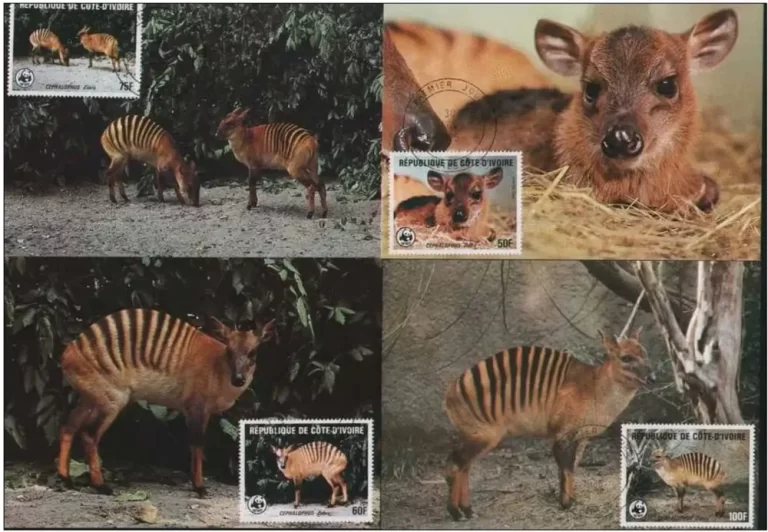
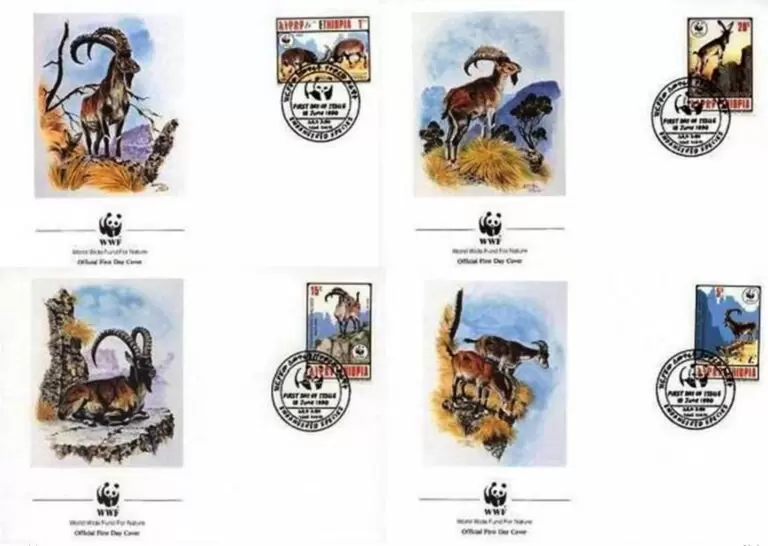
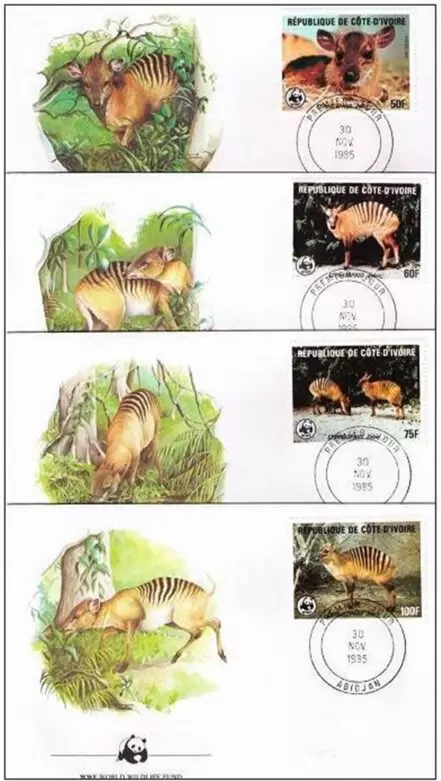
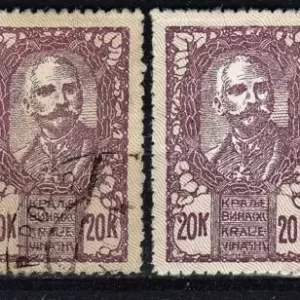
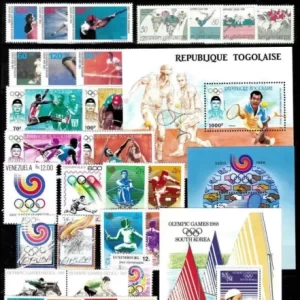
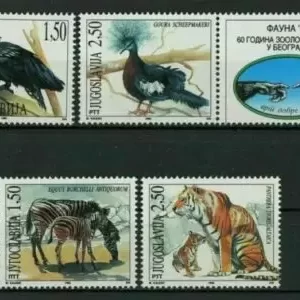
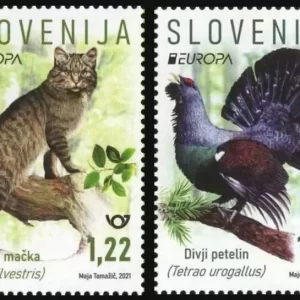
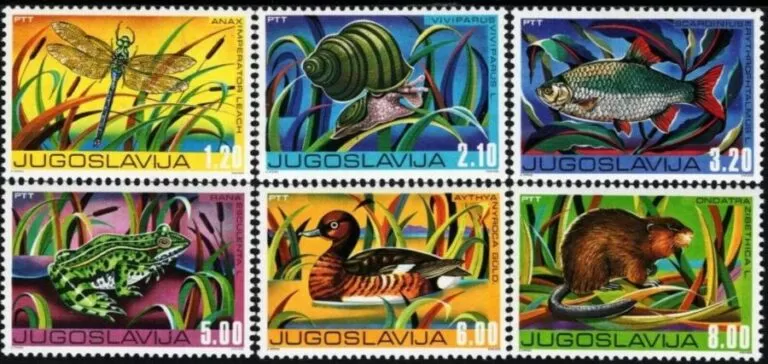

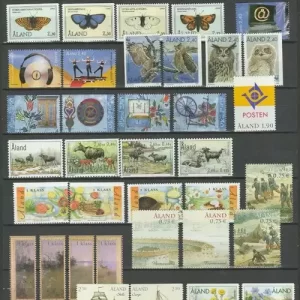
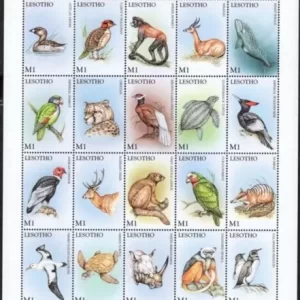
Reviews
There are no reviews yet.